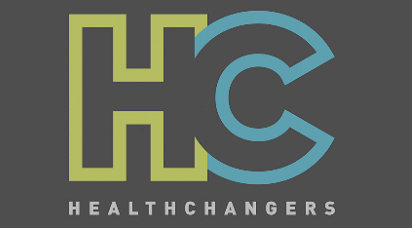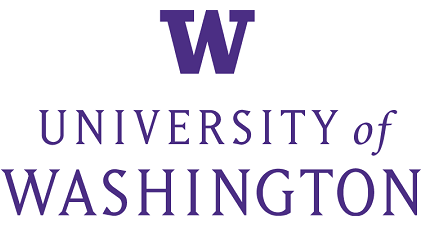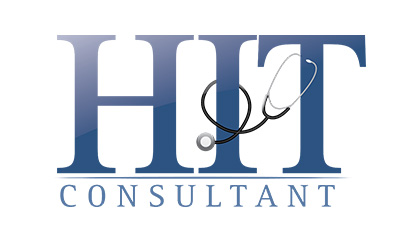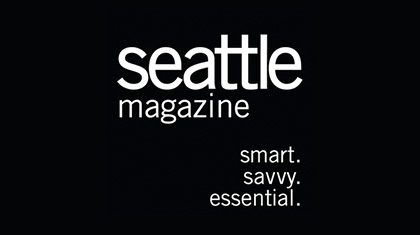Whenever you get a checkup, or go to the ER, there’s a doctor or a nurse on hand, typing notes about your health into a computer.
Joann Elmore
Wall Street Journal: The Delicate Question of Sharing Medical Information With Adult Children
As baby boomers increasingly assist their elderly parents with health issues large and small, families are having to rethink
UW: Joann Elmore Receives 2017 Eisenberg Award
Dr. Joann Elmore, professor, is the 2017 recipient of the John M. Eisenberg National Award for Career Achievement in Research from the Society of General Internal Medicine (SGIM). This award
HIT Leaders & News: Accessing medical information online via patient portals
Linda Johnson was 3,000 miles away from her Seattle home visiting her daughter in Baltimore when she had a medical emergency. Fortunately, Linda, like many of our patients at Harborview Medical Center, has secure online access to her complete medical record, and in this critical moment, she was able to share that access with her daughter.…
Patient Access to Online Visit Notes: Perceptions of Doctors and Patients at an Urban HIV/AIDS Clinic
Patients living with HIV/AIDS face large societal and medical challenges. Inviting patients to read their doctors’ visit notes via secure electronic portals may empower patients and improve health. We investigated whether utilization and perceptions about access to doctors’ notes differed among doctors and patients in an HIV/AIDS clinic versus primary care setting. We analyzed pre- and 1-year postintervention data from 99 doctors and 3819 patients. HIV clinic patients did not report differences in perceived risks and benefits compared to primary care clinic patients, however, they were more likely to share notes with friends (33% versus 9%, P = .002), other health professionals (24% versus 8%, P = .03), or another doctor (38% versus 9%, P < .0001). HIV clinic doctors were less likely than primary care doctors to change the level of candor in visit notes (P < .04). Our findings suggest that HIV clinic patients and doctors are ready to share visit notes online.
Seattle Magazine: Personal Health Records
New tools for Seattle’s tech savvy health consumers to track their health care details “Our patients want OpenNotes, and it will help them to become involved and educated partners in their medical care,” says study coauthor Joann G. Elmore, M.D., M.P.H., and professor at the University of Washington School of Medicine and Harborview Medical Center.…
Online Access to Doctors’ Notes: Patient Concerns About Privacy
Offering patients online access to medical records, including doctors’ visit notes, holds considerable potential to improve care. However, patients may worry about loss of privacy when accessing personal health information through Internet-based patient portals. The OpenNotes study provided patients at three US health care institutions with online access to their primary care doctors’ notes and then collected survey data about their experiences, including their concerns about privacy before and after participation in the intervention.
The urban underserved: attitudes towards gaining full access to electronic medical records
As the use of electronic medical records (EMRs) spreads, health-care organizations are increasingly offering patients online access to their medical records. Studies evaluating patient attitudes towards viewing elements of their records through secure, electronic patient portals have generally not included medically underserved patients or those with HIV/AIDS. The goal of this study was to gain insight into such patients’ attitudes towards online access to their medical records, including their doctors’ visit notes.
Inviting Patients to Read Their Doctors’ Notes: A Quasi-experimental Study and a Look Ahead
Electronic medical records and secure patient portals hold exciting potential for more active patient involvement in care and improved communication between patients and clinicians. These technologies facilitate a potentially disruptive innovation: Doctors can readily invite patients to read and share their visit notes and even contribute to the notes’ formulation. We conducted a quasi-experimental study, OpenNotes, in which more than 100 primary care physicians (PCPs) volunteered to invite more than 20 000 of their patients to review online the notes that the doctors wrote and signed after an office visit
Inviting Patients to Read Their Doctors’ Notes: Patients and Doctors Look Ahead: Patient and Physician Surveys
Background:
Little is known about what primary care physicians (PCPs) and patients would expect if patients were invited to read their doctors’ office notes.
Objective:
To explore attitudes toward potential benefits or harms if PCPs offered patients ready access to visit notes.
Design:
The PCPs and patients completed surveys before joining a voluntary program that provided electronic links to doctors’ notes.








